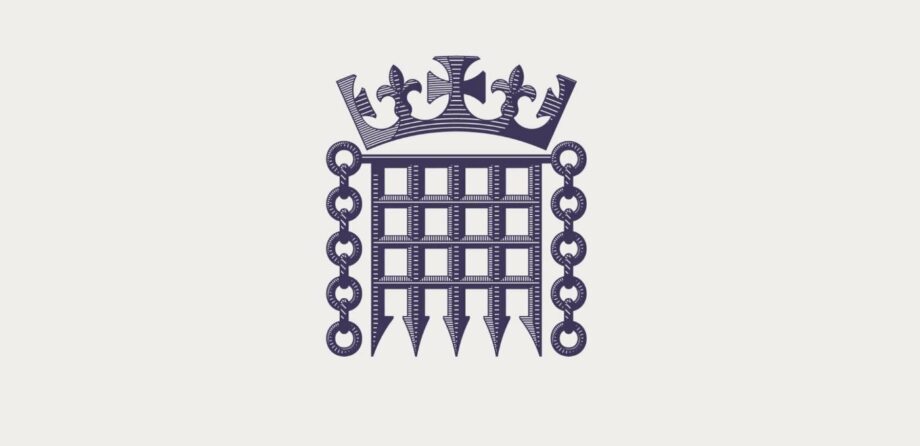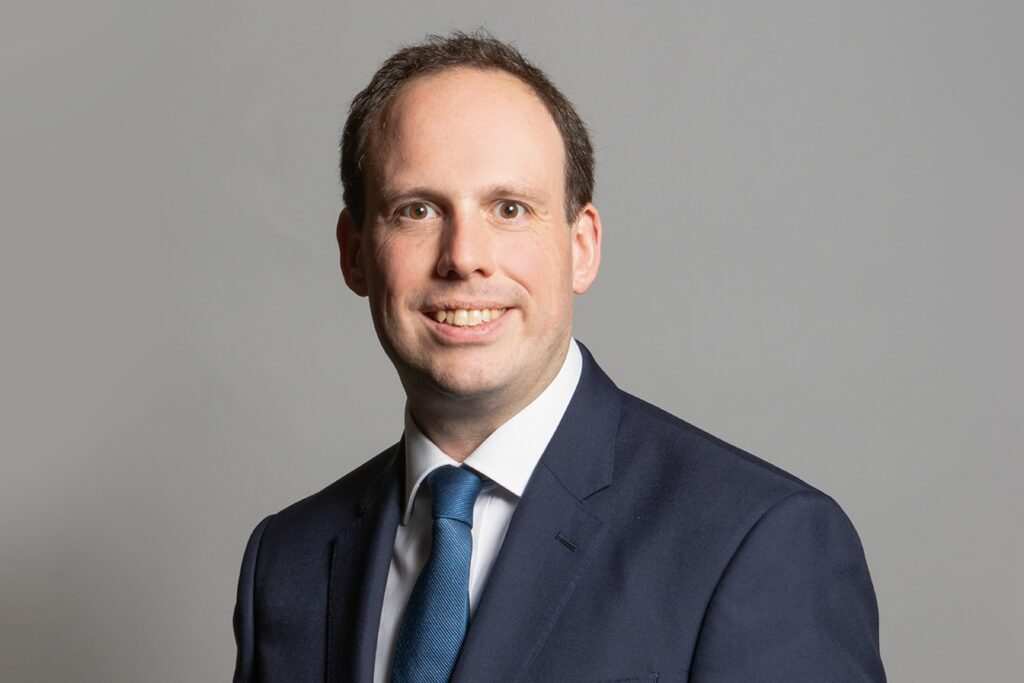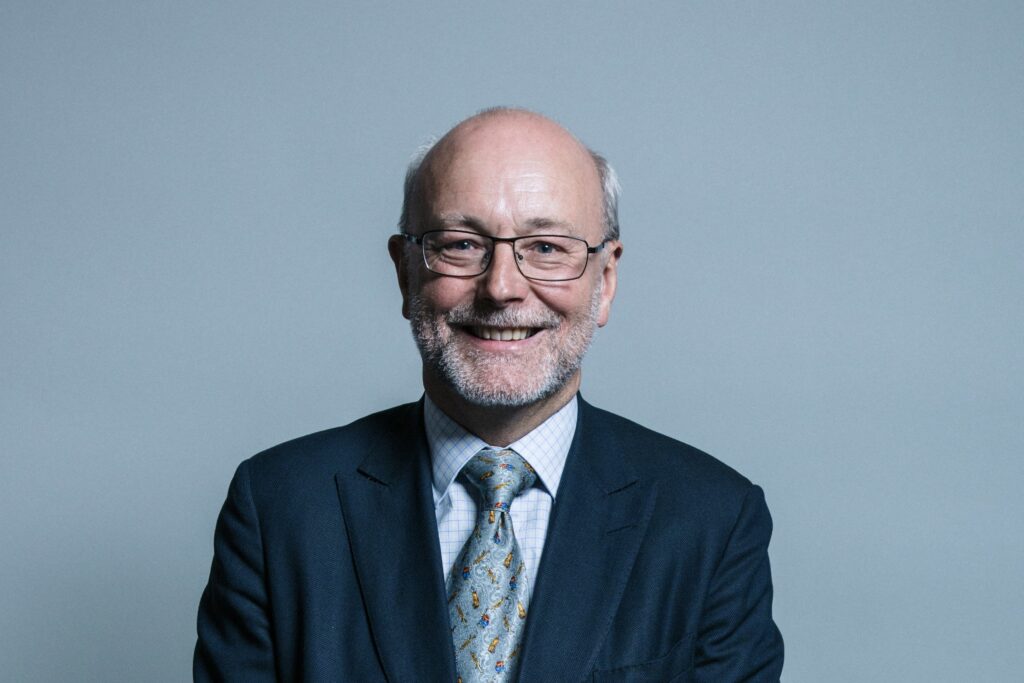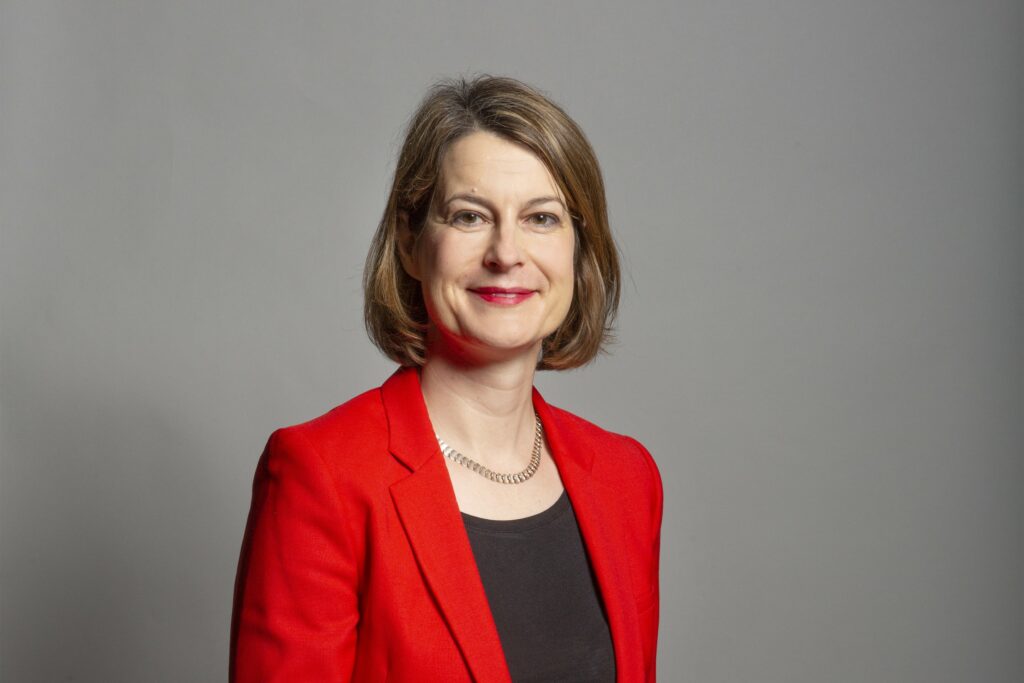
MPs from the Backbench Business Committee held a debate on support for childcare and the early years.
Robin Walker, Conservative MP for Worcester and Chairman of the Education Committee proposed the debate on early education and childcare.
Opening the debate on 16th October, he said: “As the parent of a five-year-old and two-year-old… there is probably no single subject more vital to the future success of our children than their earliest experiences of education, and the stimulation, engagement and support they can receive through high-quality early years education and childcare.

“The additional billions that the Government have committed over the long term will succeed only if the sector is properly supported in the short and medium term and if we continue to have strong and thriving early years education across the public, private and voluntary sectors.”
Recommendations from Robin Walker included the exemption of childcare providers from businesses rates and the payment of VAT on building costs saying:
“Many childcare businesses pointed out to the Committee that the size of their premises is a matter not of choice but of meeting regulatory standards required by Government and Ofsted guidelines.”
During his speech he referred to NDNA research on Business Rates:
“Business rate property revaluation from April 2023 has seen providers report bill increases of 40-50%.”
In a survey of NDNA members, 782 nurseries across England were asked what they would do if they no longer had to pay business rates: 61% said they would increase staff salaries; 49% said they would reduce losses in their business; and 40% said they would mitigate fee increases to parents.”
Continuing with a recommendation for a fundamental review of the tax-free childcare system to improve both understanding and uptake Robin Walkerreferred to the current system as too confusing and not reaching the parents it was originally designed to help. He provided evidence from The Institute for Fiscal Studies that said:
“in the four years after introducing tax-free childcare, the government spent £2.3 billion less on the scheme than it had planned.”
Other issues raised by MPs in the debate included the availability of provision for children with special educational needs, ongoing underfunding in the sector, the early years workforce, the reference to ‘free childcare,’ unfair Ofsted reports as well as the impact of unaffordable childcare on women.

In his maiden speech Keir Mather Labour MP for Selby and Ainsty spoke about the challenges facing children with special needs in his constituency and the failure to build a special educational needs and disabilities school despite funding from the Department for Education being allocated in 2019. On the impossible choices parents must make he said: “they can place their children in mainstream schools that do not suit their needs, educate them at home with little support or have them travel for hours a day to attend schools in Harrogate or Scarborough.”
Greg Smith, Conservative MP for Buckingham highlighted the impact of underfunding for three and four-year-olds at a setting in his constituency who are losing £1.40 an hour which equates to £14 a day saying:

“For a child who goes to Big Top for 22 hours a week, which is a standard placement for that setting, the nursery is making a loss of £30.80 per week, which across those 22 hours-a-week children adds up to a loss of £1,500 every single year.”
Smith also called for the government to allow parents to be a part of the Ofsted process recalling how: “Big Top Nursery was subject to a report from Ofsted that it deems deeply unfair. Questions to staff were so unclear that staff had to ask the meaning of them, and the inspector then gave them a report that was not fitting for the setting, which had parents up in arms.”
Alex Cunningham Labour MP for Stockton North in his speech talked about the need for ‘highly qualified professionals’ saying:

“We have a situation in which nurseries are unable to pay the wages needed to attract early years teachers because of the chronic underfunding of the free education entitlement by the Government. At the same time, universities are withdrawing their early years teacher training courses because they cannot attract applicants.”

Siobhan Baillie, Conservative MP for Stroud, who has long advocated for childcare reform, was another voice calling for focus on practitioners:
“We give the workforce the most precious things in our lives, yet they feel undervalued and underpaid.”
And she continued, “We must stop calling the hours “free”; they need to be funded or subsidised.”
Taiwo Owatemi , Labour MP for Coventry north west stressed the impact of closing nurseries on parents including rising fees and pointing out: “It is not surprising that Britain now has the third most expensive childcare system in the world, with more than one in five households spending more than half their income on it.”

She continued by saying: “Three in four mothers say that childcare fees are so significant financially that their best option is to stop working altogether. Our system hinders the opportunities and, ultimately, the freedom of women who wish to return to work, and we cannot continue to allow that to happen.
“Parents have seen rising costs year on year, and growing childcare deserts where they cannot access the childcare they need” said Helen Hays, Labour MP for Dulwich and West Norwood. She added: “There are now two children for every Ofsted registered childcare place in England, creating a barrier to parents, particularly women, taking on employment.”

Hayes also stressed that in the current state, providers could not deliver the Government’s planned childcare expansion referring to a survey by the Eary Years Alliance that found ‘only 20% of providers who currently offer places to two-year-olds plan to deliver additional places under the expanded entitlement and another 33% said that they were unsure whether they would deliver places under the new scheme.’
In his response, David Johnston, making his debut appearance as Minister for children, families and wellbeing told MPs:

“By 2027-28, we expect to be spending more than £8 billion every year on childcare. We have already increased the funding paid to nurseries for the existing entitlement by £204 million this year, rising to £288 million next year.”
Speaking on the national average rates for three and four-year-olds (up to £5.62) and for two-year-olds (up to £7.95) he said: “Those rates are informed by a survey of more than 10,000 providers that we carry out in order to understand the funding pressures they face.”
Responding to Ofsted related questions he said: “it is worth first noting that we have some of the highest-quality childcare in the world, with 96% of early years settings rated good or outstanding. However, we are working with the sector to increase flexibility and remove unnecessary burdens. On the response to the recent consultation that will be announced shortly he said: “we are hoping to make a series of changes to help practitioners more easily do their jobs while maintaining higher standards.”
Acknowledging the need for a boost to the workforce to deliver the childcare expansion Johston said:
“In the new year, we will launch a big recruitment campaign to encourage people to consider working in a nursery school or as a childminder. We are expanding the early years professional development programme: nearly 25,000 people are already undertaking apprenticeships in this sector, but we are looking at accelerated apprenticeships and degree apprenticeships and will also be running early years skills bootcamps from next year to try to get more people into the sector.”
On business rates he said: “Small business rate relief exists, as does relief for charities, but I am happy to look at the extreme cases that my hon. Friend set out.”
Responding to the issue of tax-free childcare he said: “We are trying to drive up the take-up of that through our Childcare Choices website.”
- England
Similar Articles
Maths confidence soars as three early years settings complete NDNA’s Maths Champions programme

Government guidance could put nursery children and staff at risk


